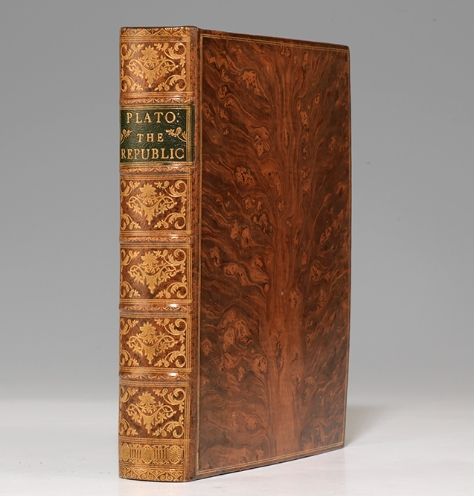Plato, a renowned Greek philosopher of antiquity, has left behind a legacy that continues to shape our understanding of the world. His works, including “The Republic” and “The Symposium,” are considered classics in the realm of philosophy.
Legacy of Socratic Dialogues
Plato’s dialogues often feature his mentor, Socrates, engaging in discussions with various characters on topics ranging from justice to the nature of reality. Through these dialogues, Plato presents his philosophical ideas in a conversational, accessible manner.
Concept of Forms
One of Plato’s most enduring contributions to philosophy is his concept of Forms. According to Plato, the material world is merely a shadow of a higher reality where ideal Forms exist. For example, the concept of justice is said to exist in a pure form independent of any particular instance of justice we may encounter in the physical world.
Allegory of the Cave
In his famous Allegory of the Cave, Plato describes a scenario in which prisoners are chained inside a dark cave, facing a wall where they see only shadows cast by objects behind them. When one prisoner is freed and sees the outside world for the first time, he is initially blinded by the brightness of the sun but eventually comes to understand the true nature of reality. This allegory serves as a metaphor for the journey from ignorance to enlightenment.
Legacy in Modern Philosophy
Plato’s ideas have influenced countless philosophers throughout history, from Aristotle to Kant to Nietzsche. His focus on metaphysics, ethics, and political theory continues to be a source of inspiration for thinkers across disciplines.
As we delve into the wisdom of Plato’s works, we are reminded of the enduring relevance of his ideas in our quest for understanding and truth. His legacy serves as a testament to the power of philosophy to shape and illuminate our world.
